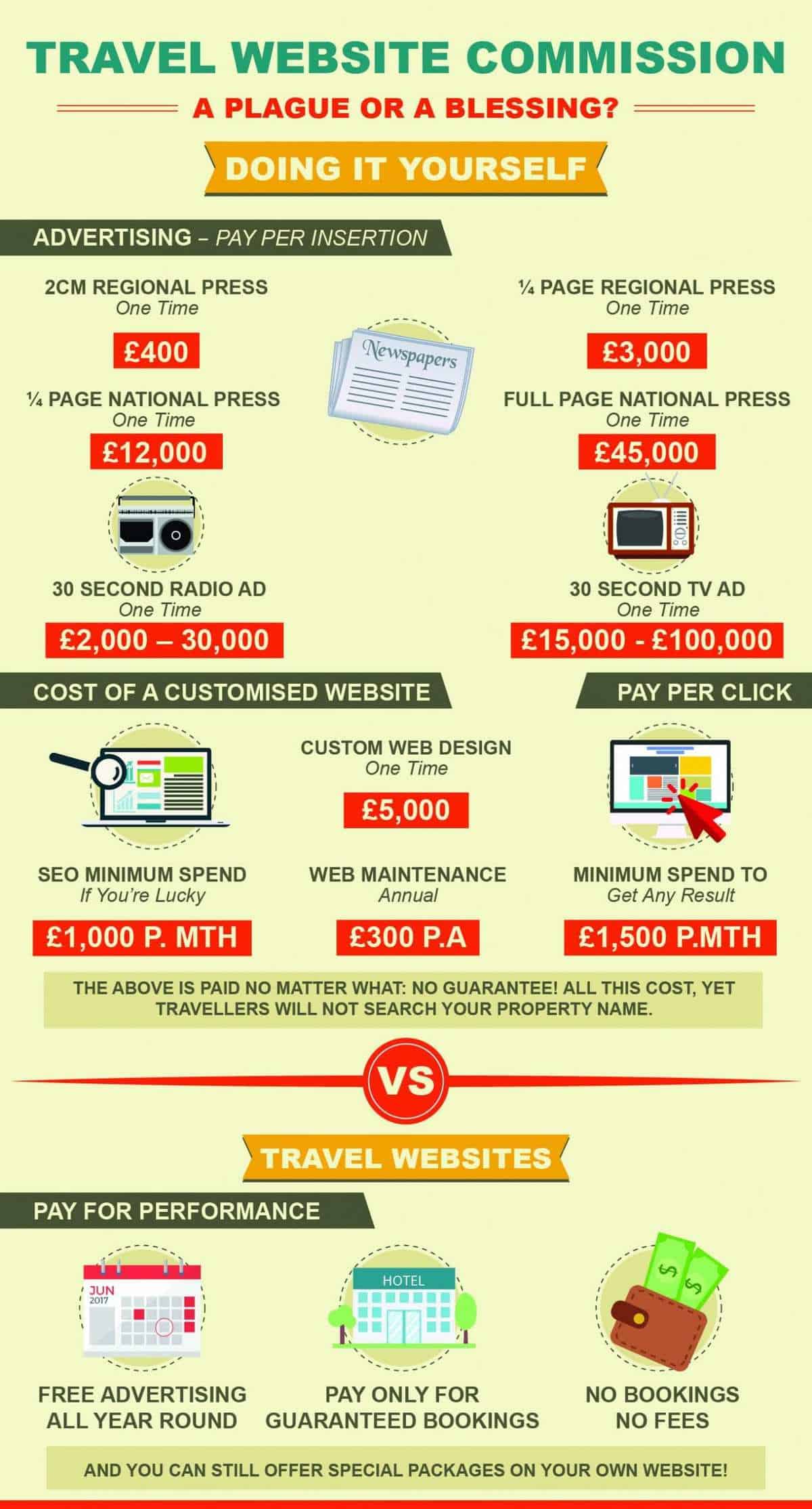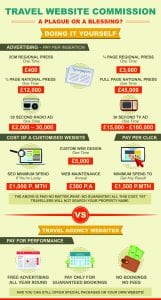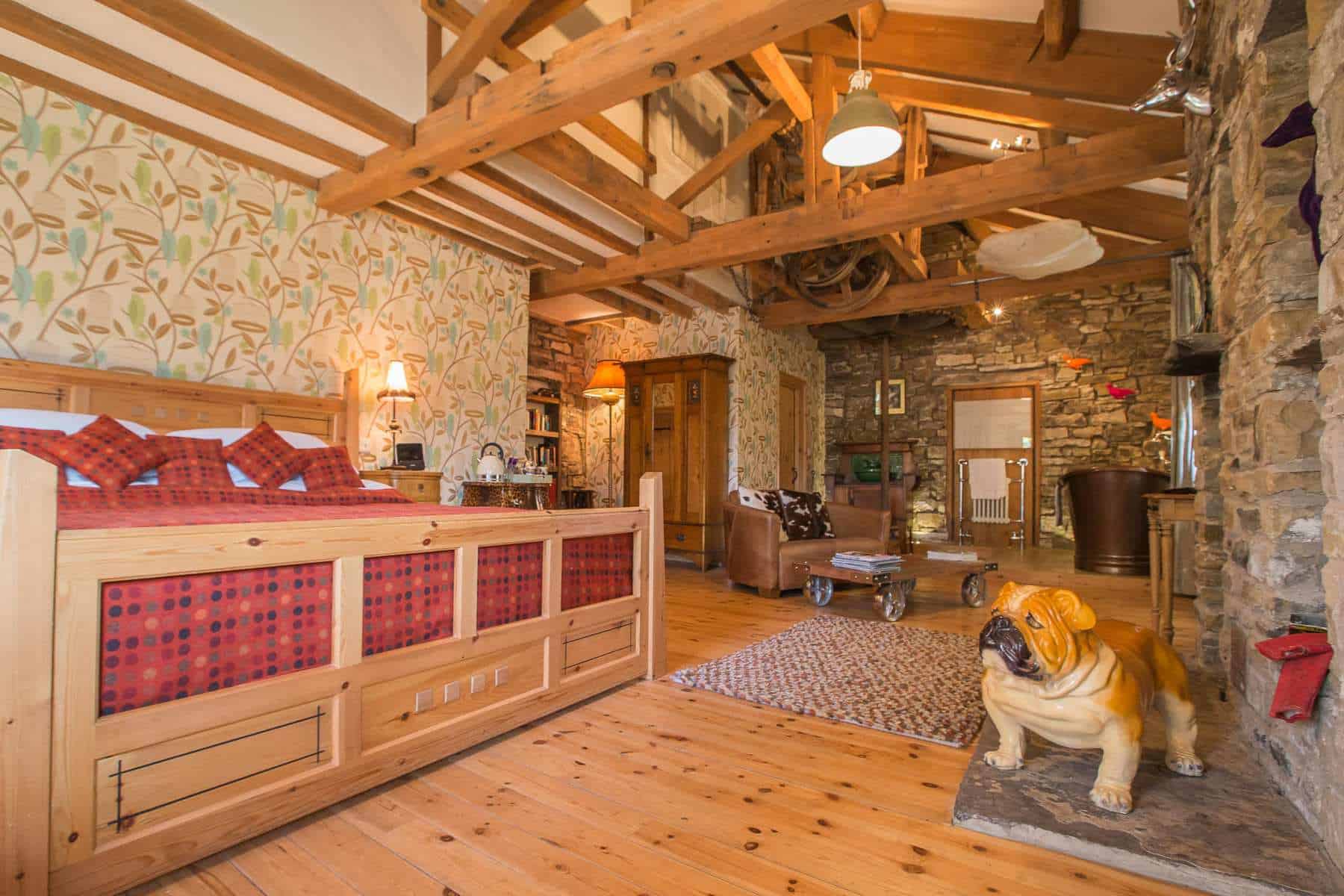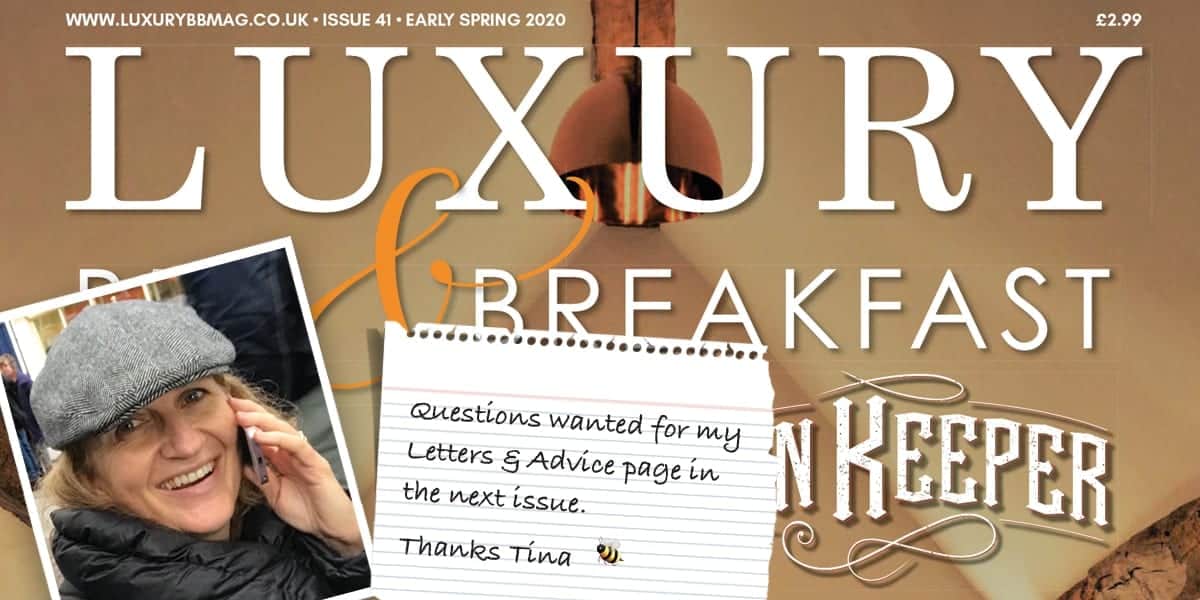
Are travel websites a plague or a blessing? – Thomas Messett from eviivo
Have you ever wondered what’s behind the commissions you pay to travel agencies? Or thought that maybe you would rather not work with Expedia, Booking.com or Laterooms because you’d rather not pay more commission but run own marketing to generate bookings.
With that thought in mind we looked into the cost of a property doing their own marketing vs paying travel website commission to see which worked out best for the average B&B. As with every rule, there will be exceptions, but we sourced these prices from various local media owners and newspapers and took averages:
The results show that travel websites are the most cost cost-effective form of advertising. This is because you ONLY pay for results and confirmed bookings. Not a penny is wasted. This, in sharp contrast with doing it yourself where any spend only covers a single click (with no guarantee of booking) or a single placement of the advert (with no guarantee of success).
To put this into context: if you pay £400 pounds for an advert in your regional paper, to appear say next Wednesday, only those people looking at the newspaper on Wednesday will hear about you, and maybe a few of those will book with you, but no guarantee.
How does this compare to travel websites?
The travel websites will advertise your property all year long completely FREE of charge. With companies like Expedia, Booking.com and LateRooms spending billions in advertising per year, to make sure that their listed properties get noticed.
And for all this you will pay them nothing until you have a guaranteed booking. It is quite simple – no results, no bookings, no fees! This means that for every £1 you spend on a travel agency website you will get a guaranteed £5 or more worth of business.
Also, as an added bonus, many visitors who find you on these travel websites will check out your own website too, and if you create your own special offers and packages, some will book directly with you at zero commission.
So unless you are well known already, or operate in a busy sought-after location, or at full occupancy most of the time, you have everything to gain by working with online travel agencies rather than try to run your own marketing.
But how should you work with big travel websites?
The best way to work effectively with the travel websites, is to make sure that you maintain control of your cancellation and deposit policies, payment terms and your rates.
You want to use these sites to market your property and generate business and it is fair to pay them to do that for you, what is concerning is when one travel website takes too much control of your business and starts to dictate terms.
First: Sign up to more than one travel site. If you’re only on one site then you can become dependent on them for all your bookings, and you will be stuck if they change their policies or stop delivering for you. By working with more than one travel agency, you spread your risk. However, you should use a good channel manager to manage your availability across sites and make sure you don’t get double bookings.
Second: Control your own cash and don’t let the major travel sites block your rooms with guests who won’t show up or won’t pay. So make sure you set-up your own secure online payment capability.
Third: Set cancellation policies that work for you. And consider having a non-refundable rate alongside another, less strict, policy, but make the non-refundable price cheaper. By doing this you encourage guests not to cancel at the last minute.
Finally: Keep control of your website domain and make sure that domain is simple and clear and ‘indexed’ by google so people searching for your hotel by name find you easily. On travel sites search for your own business by name regularly, and check your competition and your ranking on the travel agency site. As the case may be, adjust your rates and make sure you have good quality, high resolution photos as these both matter in how a travel site ranks your hotel.
In Summary: Travel websites are a great source of bookings and they are the most cost effective way to advertise your business. But you must keep control and use the tools available to make sure they work for you and you don’t end up feeling like you work for them!
Web technologies – worth the investment?
A lot of technology vendors make a lot of noise about helping you avoid OTA commissions. But most of this is that, noise and nothing else. The reality is that it is extremely difficult for a small business to break through online via their website alone, no matter how good that website is.
Most people browsing for a place to stay will be looking for a particular location and/or accommodation type, rather than search for your business by name. The cost of gaining a first page ranking in response to these generic searches can be truly prohibitive at the best of times. No matter how much you spend on fancy web technologies, search optimization, or Google ads, when it comes to a first page listing in your area, you will more often than not be competing with global brands as well as the major travel agencies who spent billions doing the same.
So rather than spent a fortune on web technologies, you are probably much better off spending quality time crafting exciting descriptions for your business and rooms, hiring a quality professional photographer to display them in the best possible way, and making sure that your website is mobile friendly and able to take online payments securely.
Beyond that, the best way to succeed is to spend time looking after your guests, rather than your website, including pre- and post- stay communications and let word-of-mouth do the rest!




